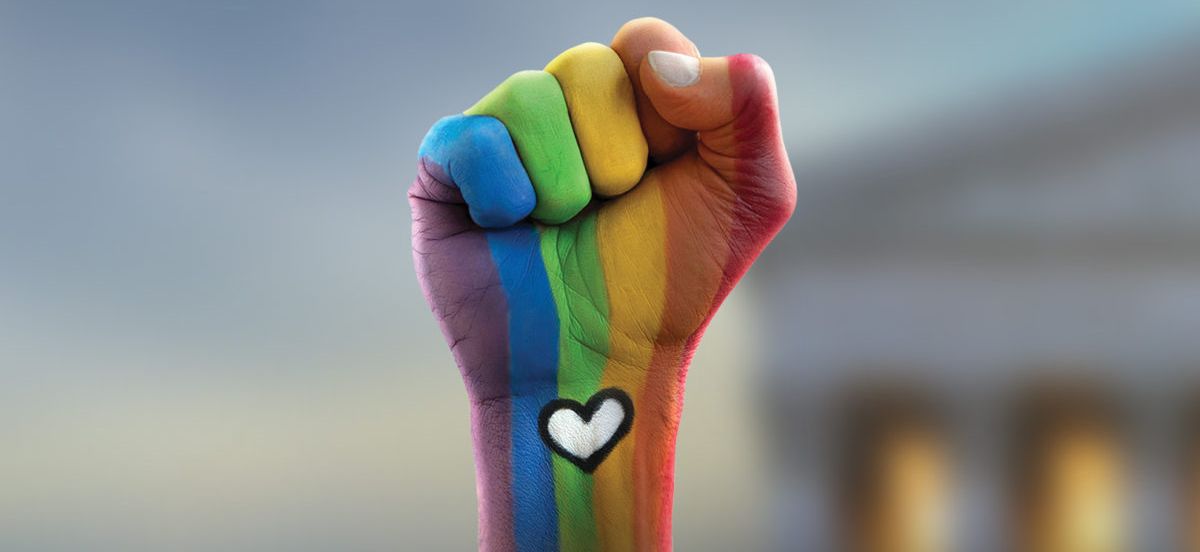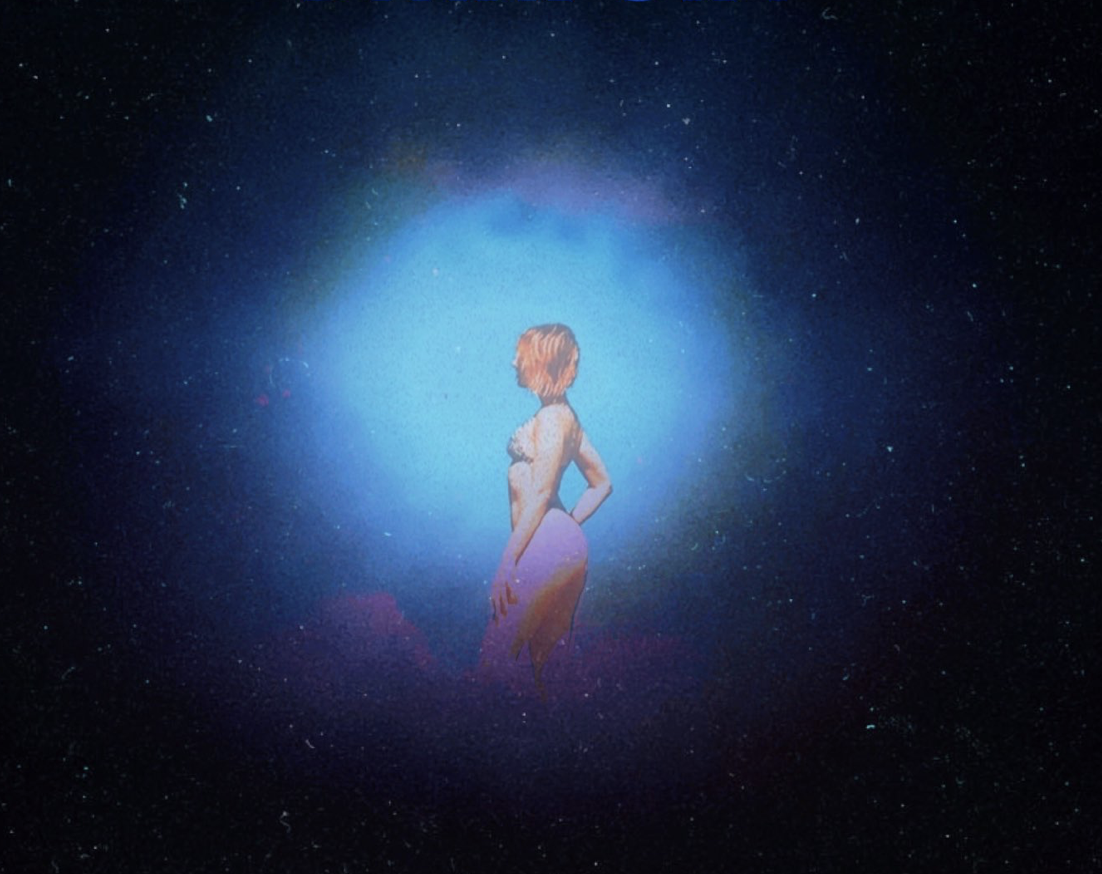Any reasonably informed citizen of the United States is and should be aware of the long and arduous journey that the LGBT community faced in achieving marriage equality. It has been one of the most talked about and omnipresent political issues of the past forty years, and ignorance of that issue and its importance to millions of Americans is practically non-existent. So when I started watching The Freedom To Marry—a documentary about the road to the Supreme Court arguments that would decide the case once and for all—my main question was whether this documentary would actually shed any new light on the issue. The answer is that yes it does, but not really a whole lot.
Starting with a historical perspective and gradually slowing down to encapsulate the final months of marriage inequality in this country, The Freedom To Marry seeks to be informative about the history of the LGBT rights movement in broad terms yet likely doesn’t tell its primary audience any more than they already know. I will admit that as a politically active queer person my perspective on this may be a bit skewed, but I would think that anyone consciously seeking out a documentary on the fight for same sex marriage would already be well aware of the issues at stake and the history and evolution of those issues. It’s an exercise in preaching to the choir that, while not ineptly put together, feels a bit pointless.
Read more: Everybody Loves Somebody brings something new to a tired genre
The real reason to watch this film, though, is to get a glimpse at the lives and personalities of the players involved. The spotlight is placed on activists and attorneys such as Evan Wolfson and Marc Solomon of the Freedom To Marry campaign, and Mary Bonauto, who argued the same sex marriage case before the Supreme Court. Also highlighted are April DeBoer and Jayne Rouse, two of the plaintiffs suing for the right to marry. We get to meet the families and learn the histories of these people, and what we come to learn is that not only are these people very driven and determined, but they’re also very human and compassionate. It’s an engaging portrait of humanity that stands in comical contrast to the interviewed defenders of “traditional” marriage, who come across as foolish, not through any sort of editing trickery but because their hateful speech and ideologies are just that absurd when juxtaposed with rationality and love.
But ultimately, The Freedom To Marry is telling a story that its audience is more than likely to know all the beats of, and the attempts to build tension or suspense along with the people living the campaign in the moment fall a bit flat and serve only to pad out the film to feature length. Still, its heart is in the right place, and the human element of the story is engaging enough to make the film worth watching. Just don’t expect to learn anything, even if you are reaffirmed in these dark times that there is some good in the world.













